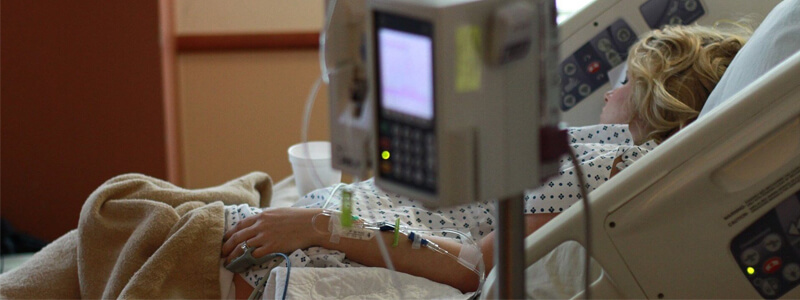Articles

Cytochrome p450 Enzymes and Drug Metabolism
Many drugs are metabolised in the liver. Drugs are either metabolised by phase I reactions (oxidation, reduction, or hydrolysis) or phase II reactions (e.g. glucuronidation). Phase I reactions are mainly carried out by the cytochrome P450 family of isoenzymes, of...

Building a Career in Global Health and Expedition Medicine
Building a career in global health and expedition medicine - the good, the bad, and the stuff no one tells you! Can I be a neurosurgeon and travel the world with my work? I’d like to do paediatrics but with some humanitarian work- is that possible? Will I still be...

Pertussis
Pertussis, also known as whooping cough, is an upper respiratory tract infection caused by the Gram-negative bacteria Bordatella pertussis. Transmission is via respiratory droplets and the incubation period is approximately 7-21 days. The disease is highly contagious...

Understanding Homeostasis
Homeostasis is the property of a system in which variables are regulated so that internal conditions remain stable and relatively constant. Examples of homeostasis include the regulation of temperature and pH balance. The two body systems that are responsible for...

HELLP Syndrome
HELLP syndrome is a pregnancy complication that usually presents in women who have pre-eclampsia or eclampsia. Affected women also show signs of liver damage and abnormalities in blood clotting. HELLP syndrome is characterised by: Haemolysis ELevated liver enzymes Low...

What is Evidence-based Medicine?
Evidence-based medicine is the term used to describe the process of systematically reviewing, appraising and using the findings of clinical research to assist with the delivery of optimum clinical care to patients. The most commonly quoted definition of evidence-based...

The Story of Penicillin
I sometimes take antibiotics for granted. As a doctor, I have prescribed thousands of courses of antibiotics throughout my career. I have taken many courses myself also, and they almost certainly saved my life when I perforated my appendix in my mid-20s. Antibiotics...

The Recognition and Management of Sepsis
Sepsis is one of the leading causes of death worldwide but remains a little known entity to the general public. Every year, around 150,000 people in the UK develop sepsis and, of those, over 40,000 die. The incidence of sepsis in the developed world is increasing by...

The Menopause
The menopause is the biological stage in a woman’s life when menstruation permanently ceases. It marks the end of the female reproductive life. It occurs with the final menstrual period and is usually diagnosed clinically after 12 months of amenorrhoea. In the UK, the...

Maternal Changes During Pregnancy
Pregnancy is associated with several maternal physiological adaptations that both assist foetal survival as well as aiding the mother to meet the demands of pregnancy and prepare for labour. Cardiovascular system changes The increase in progesterone levels that...




